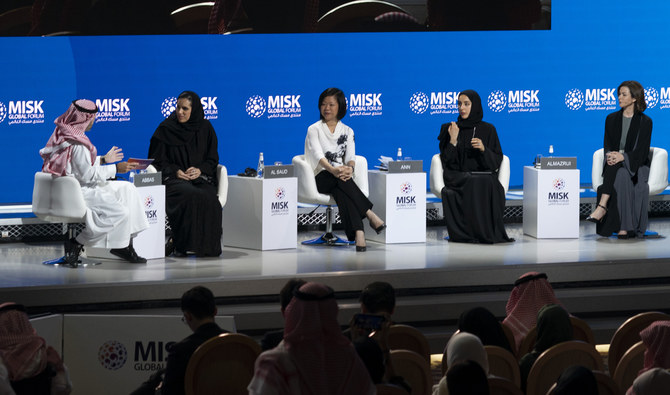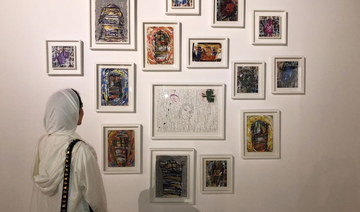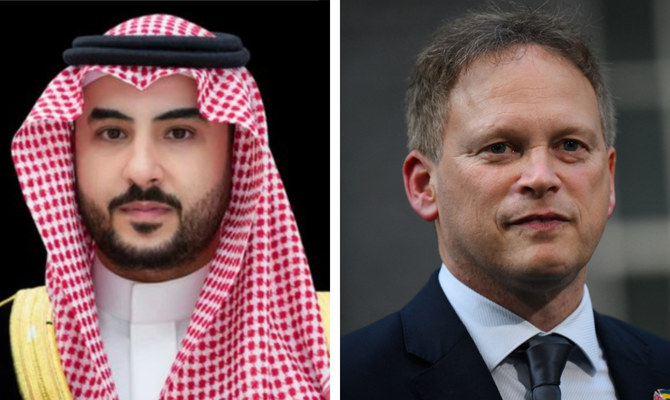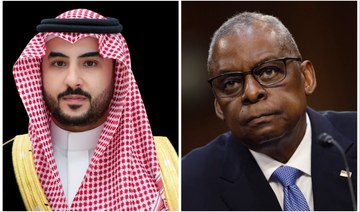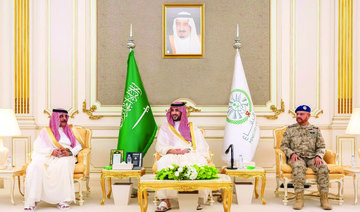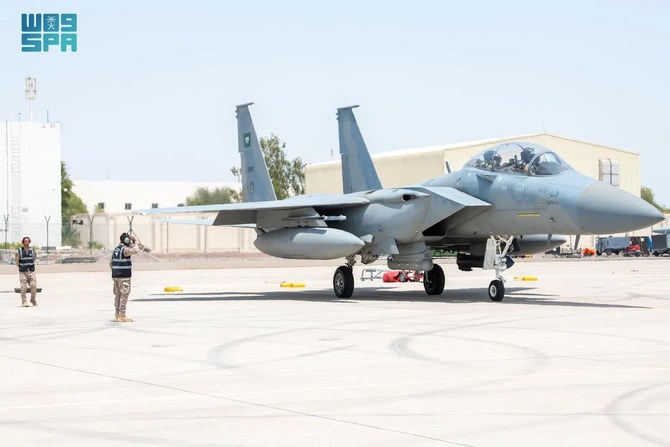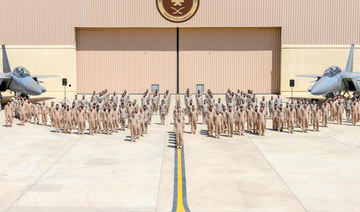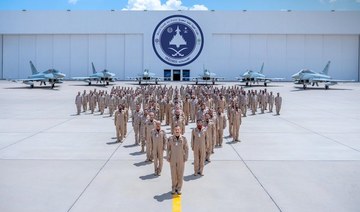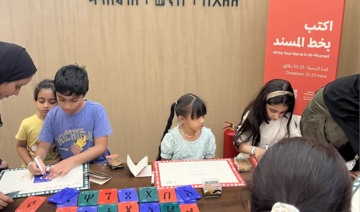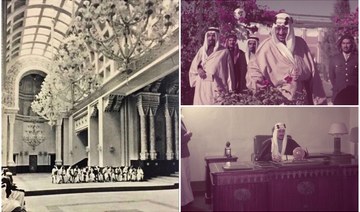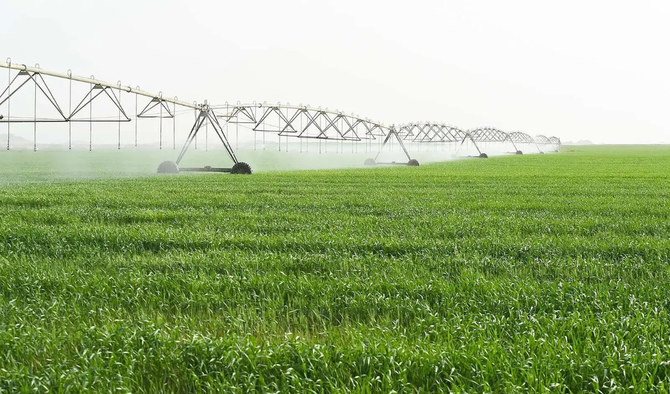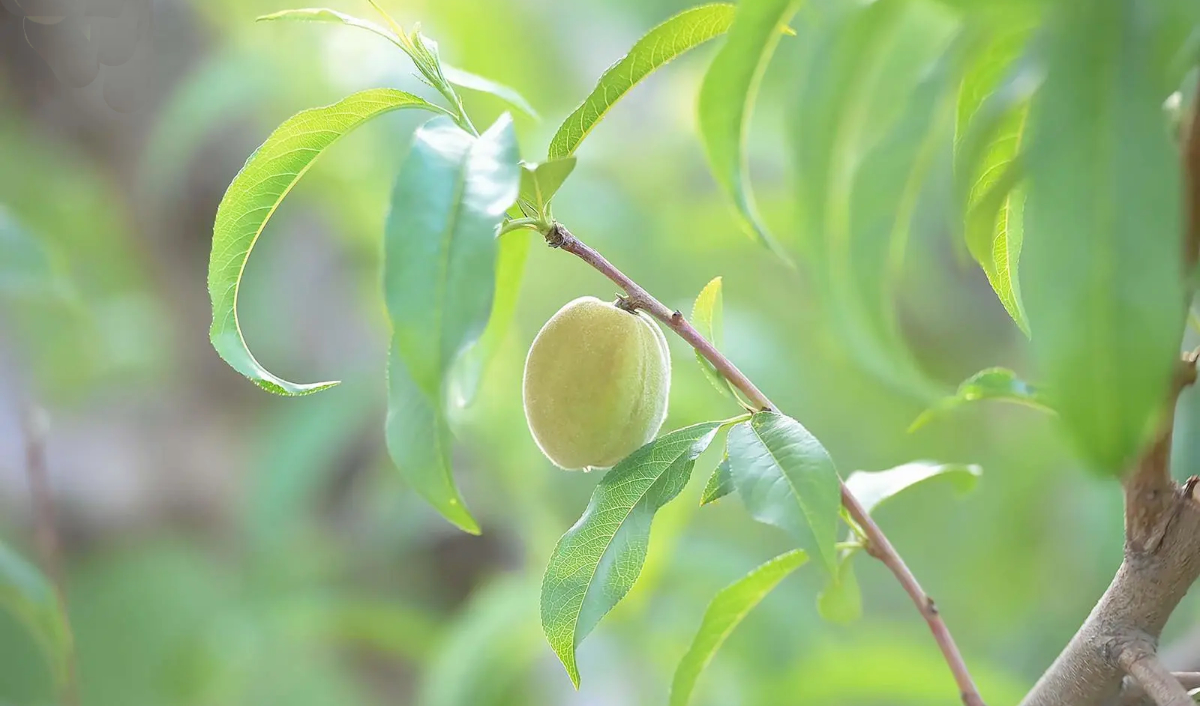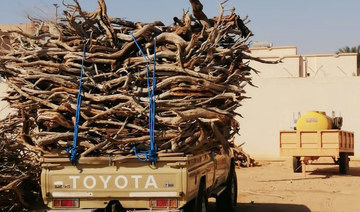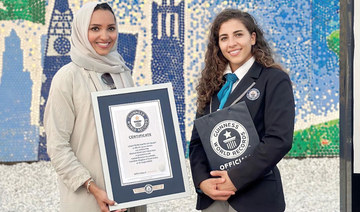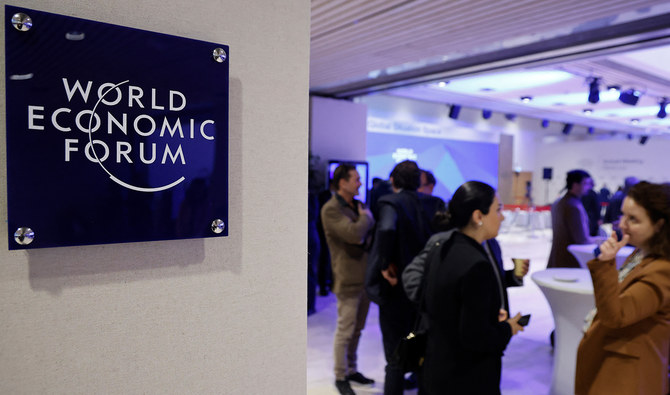RIYADH: The evolving nature of the workplace and the challenge the new generation faced was in the spotlight on Tuesday during a panel discussion on Day 1 of the annual meeting of the Misk Global Forum in Riyadh.
The panel of influential and inspirational women from the region included: Princess Haifa M. Al-Saud, the vice president of strategy at the Saudi Commission for Tourism and National Heritage; Sim Ann, senior minister of state at the Ministry of Communications and Information and the Ministry of Culture, Community and Youth in Singapore; Sheikha Al-Sabah, chairwoman and CEO of National Creative Industries Group in Kuwait; and Shamma Al-Mazrui, minister of state for youth affairs and chairwoman of the UAE’s federal youth authority.
The discussion was moderated by Faisal J. Abbas, the editor-in-chief of Arab News.
Princess Haifa reflected on what she had learned during her career journey, from the early days working for HSBC Bank, when she felt she was treated as a bit of an oddity, to her current prominent role in the growing Saudi tourism sector. Like most workers, she said, she had to work her way up.
“As a woman, it was very challenging,” she said. “Women today don’t realize how much they have as employees. The government is pro-youth.
“My advice to you is seek opportunity, expand your mind, work in different industries. There are no more barriers.”
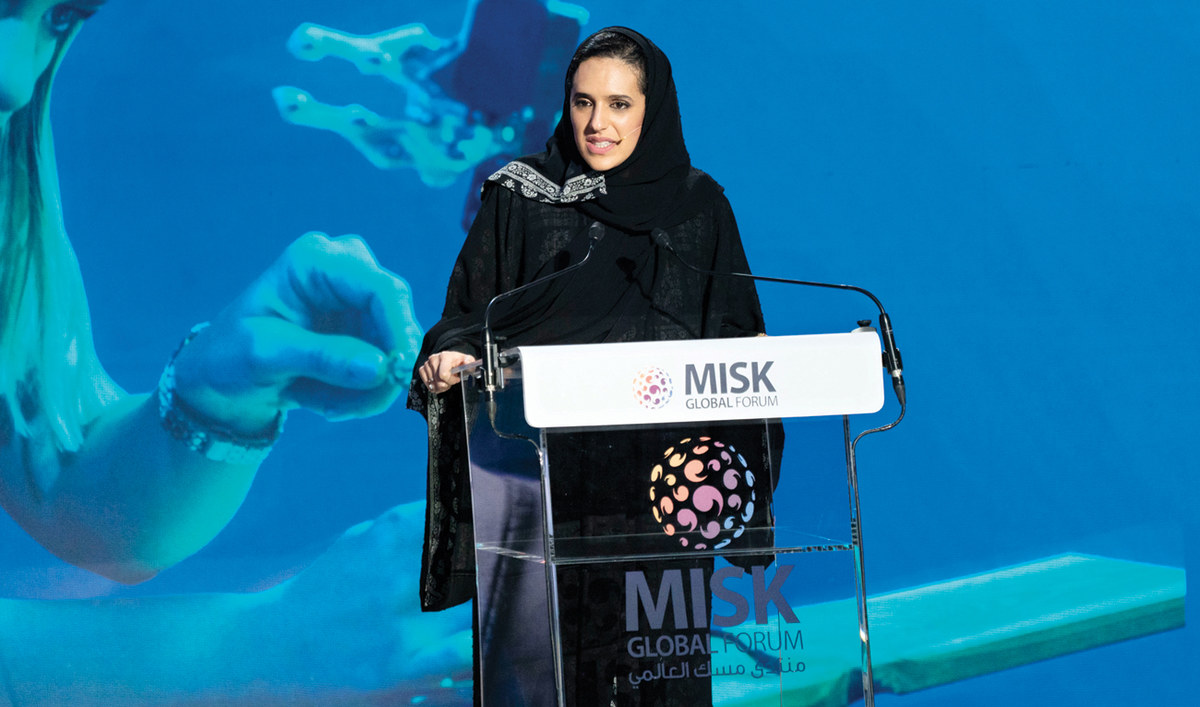
Princess Haifa M. Al-Saud reflected on what she had learned during her career journey, from the early days working for HSBC Bank to her current role in the growing Saudi tourism sector. (AN photo/Ziyad Al-Arfaj)
She felt blessed, she said, to have grown up with many women in her family and life that were good role models. Still, she added, when she started out in banking she never imagined she would reach the position she is in now.
Sim Ann told how Southeast Asia is the fastest-growing region in the world for start-ups. “We are very excited about the opportunities that the future holds in Southeast Asia,” she said. “There are 318 million youths, below the age of 35.”
A study by the World Economic Forum found that young people in Southeast Asia are optimistic about the effect of technology on the job market, she added. “Many youths also have a strong entrepreneurial drive, with 25 percent wanting to start their own business,” said Sim Ann. “Technology will provide our youths with more opportunities in the future.”
Al-Mazrui said that career success must help to support success in life, and that she believes people need to focus on embracing the human factors of their work. “The best way of explaining the importance of humanizing our work is to say that asking a worker to work without the human factors is like asking them to read without oxygen,” she said. “We are human beings, not human doings.”
Al-Sabah said it is important to tap into one of the things that make us human, the ability to push the envelope. In this era of globalization and rapidly changing technologies, she added, “we need to challenge ourselves to stay ahead of the curve. Step up and step outside your comfort zone.”
To close the session, Abbas asked the panelists to pick a skill that new graduates should consider developing.
Princess Haifa said that an important skill in the modern world is adaptability, while Sim Ann chose active listening. Al-Mazrui highlighted the need for compassion overconfidence, and Al-Sabah chose curiosity and resilience.



